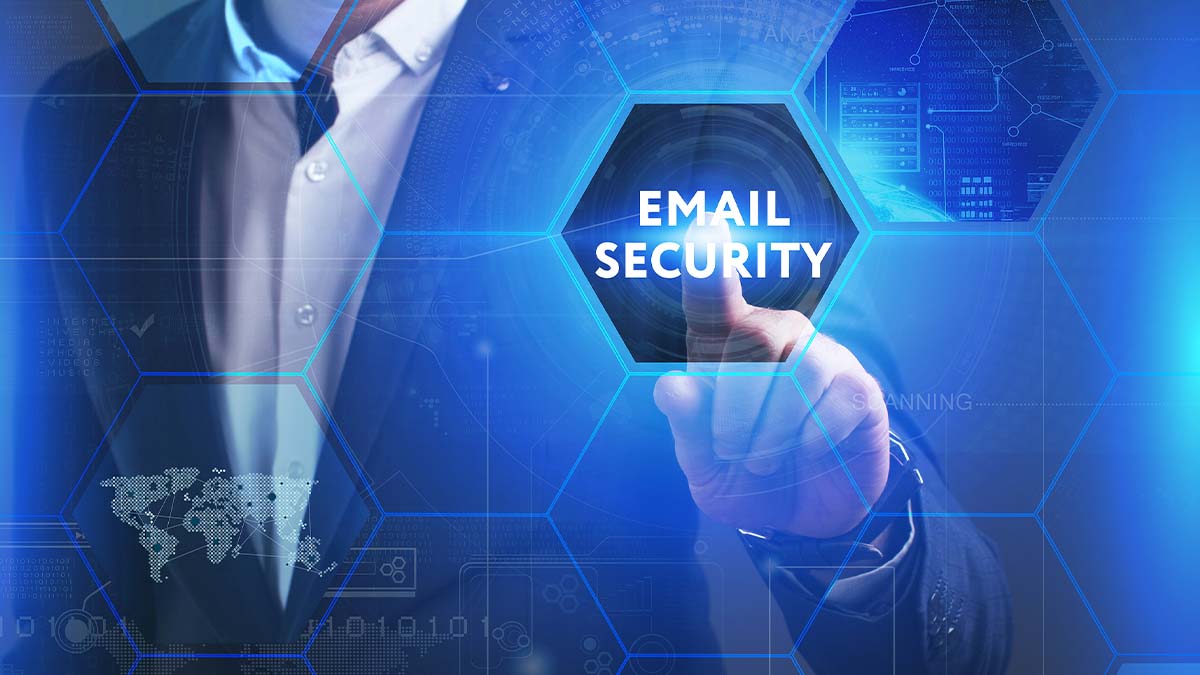
Email is a necessary evil when it comes to doing business today. It seems we spend half of the day checking our email looking for important conversations or maybe looking for the email sale blasts to hit the inbox. Unfortunately, email is also a great place for hackers to start to cause damage especially when it comes to a common scam called the Business Email Compromise Scam.
The Business Email Compromise (BEC) is also known as the email account compromise (EAC). The Business Email Compromise SCAM is one of the most damaging online scams. It goes after emails both personal and professional. In a Business Email Compromise SCAM, the criminal(s) will send an email that looks like it comes from a known, trustworthy source. There are many different examples of the Business Email Compromise SCAM, but some of the most popular include the following:
1. A homebuyer will receive an email from the title company with information on how to wire the down payment.
2. A company CEO will request his assistant or the accounting department send money to a bank for a purchase or to pay an invoice.
3. A company boss will request the accounting department to purchase gift cards for employee rewards or client gifts. The boss will also ask for the serial numbers to s/he can email them immediately.
We have had several clients who have received emails from their “bosses” or “vendors” requesting money. Luckily, they either deleted the email or contacted us first to confirm their suspicions. ~Brett Bauman, CEO of Planetguide.com
How Does The Scam Work?
The Business Email Compromise SCAM uses emails as the main weapon. The criminal may spoof an email account or website to appear to be legitimate. The emails may have an extra period or a slight variation in spelling. The criminal is hoping that the “mistake” will go unnoticed with all of the other emails received every single day. Another trick is to send spearphishing emails. These messages look like they are from a trusted person, but are actually designed to trick victims into giving up personal information like account numbers, passwords and other data to help them finish out the Business Email Compromise SCAM. Malware is another way to gain personal information. Malicious Software (malware) can be sent to accountants or other financial offers using a spoofed email. The malicious email will look legitimate but will most like have a link that will allow the criminal to download software onto the computer to gain access to the victim’s data. The ultimate goal is to gain passwords or financial account information.

How To Protect Yourself & Your Accounts.
1. Carefully examine all emails. Look at the URL, spelling, and domain name.
2. Don’t click and download anything. If it does not look legitimate, don’t click on it.
3. If you are expecting an email from the company, call the company and make sure that they sent the email you received.
4. Don’t share personal information online like your birthday, pets’ names, and mother’s maiden name as this information can be used to guess passwords or security questions.
5. Set up two-factor authentication.
6. Never act quickly when it comes to sending someone money online. Take a little time to research.

Are you in the Buzz?
406.Buzz is your best resource for the latest events happening around the Montana Flathead Valley area. From Kalispell and Whitefish to Eureka and Columbia Falls, we’ve got the hottest events, best outdoor activities, restaurant lists, and so much more. From farmers’ markets and breweries to festivals, music events and family fun entertainment, we know all the buzz happening around town.
Whether you are a local or a visitor, we have all the insider information on the best places to check out every day of the week. Check out our Events Calendar – HERE – and get in the buzz!





